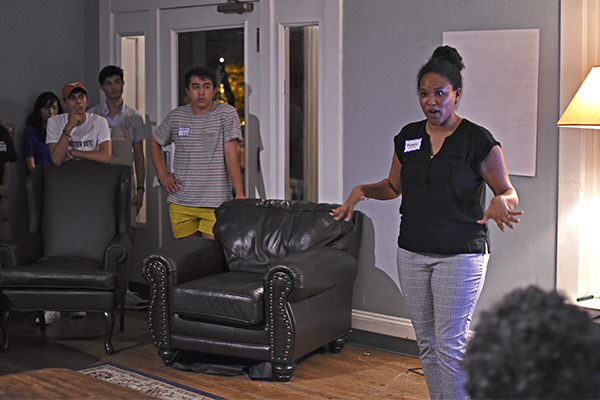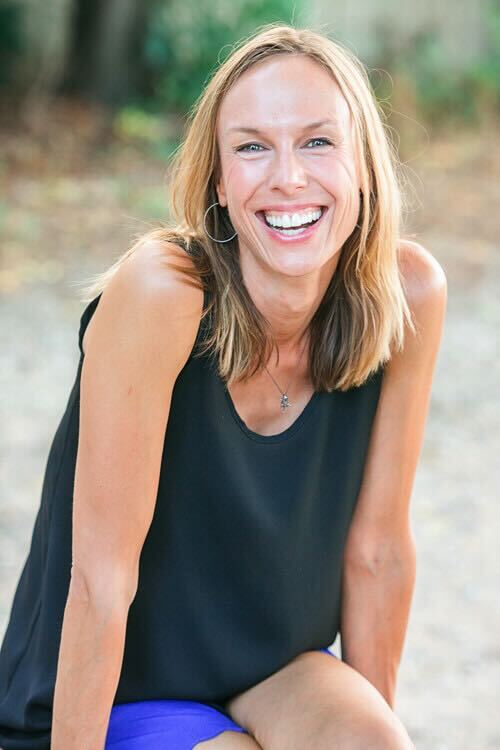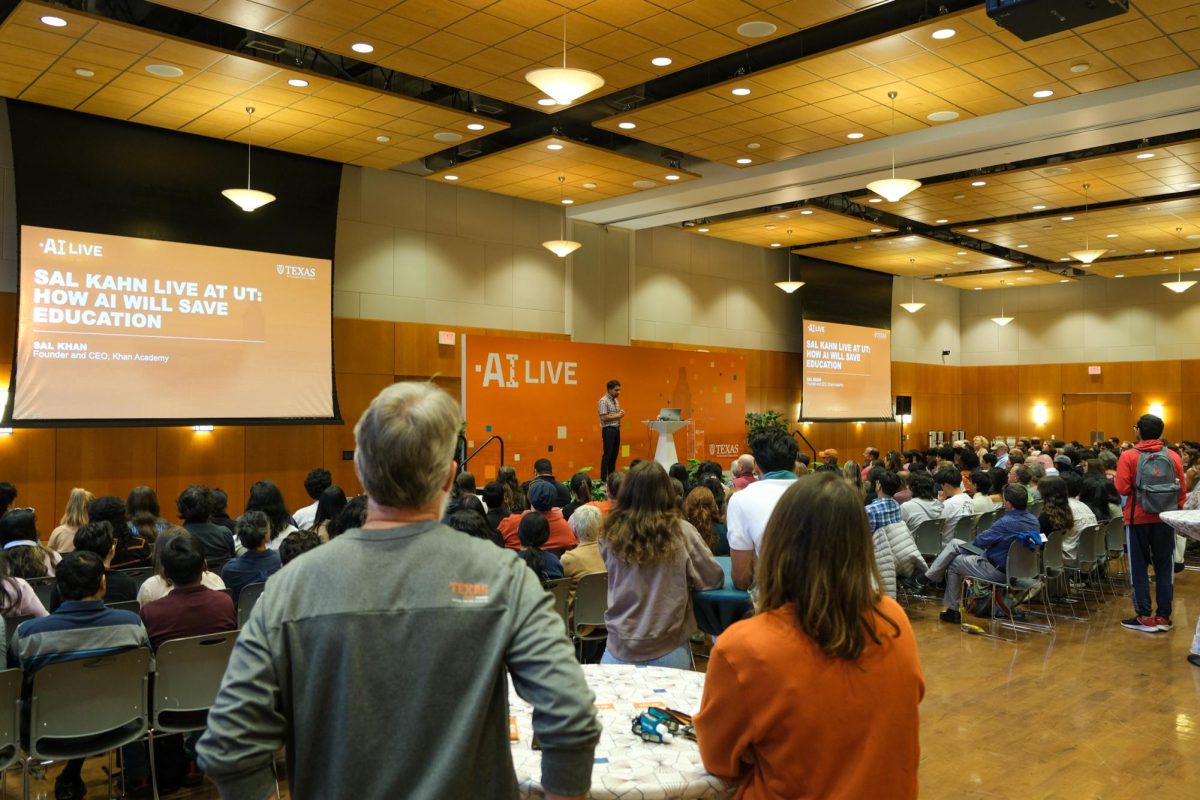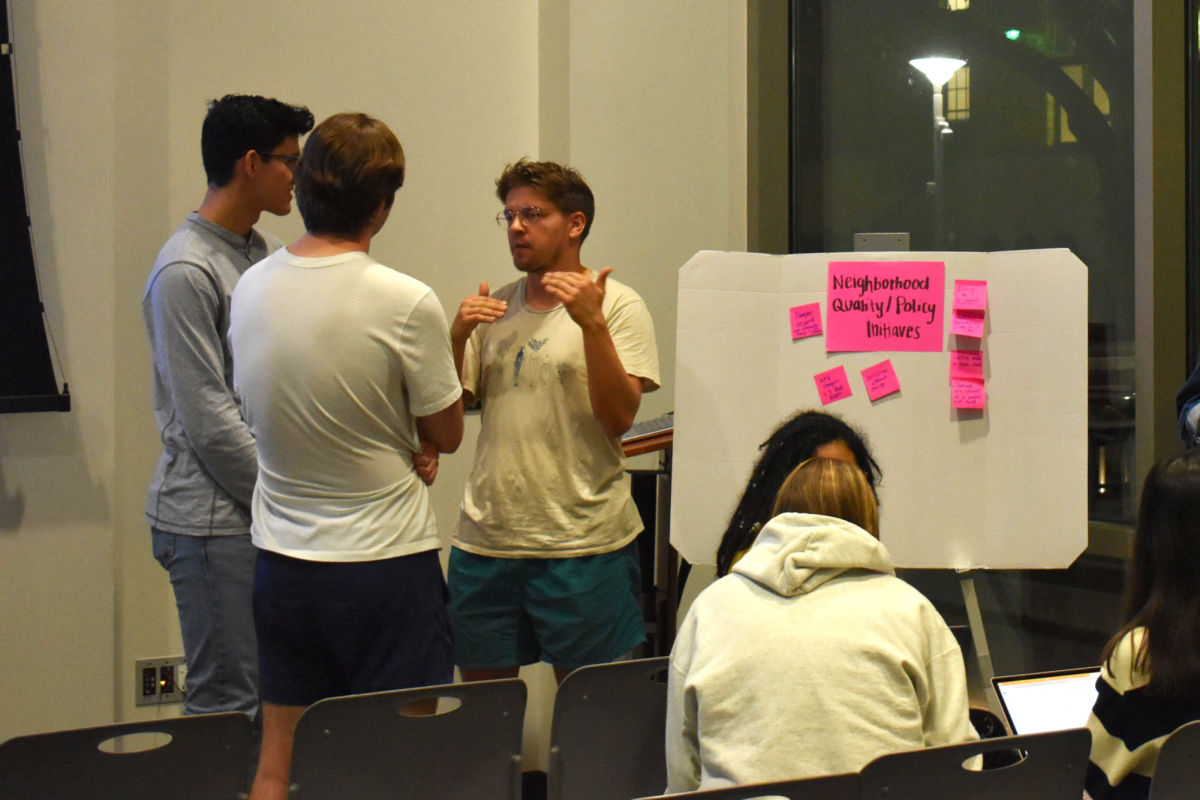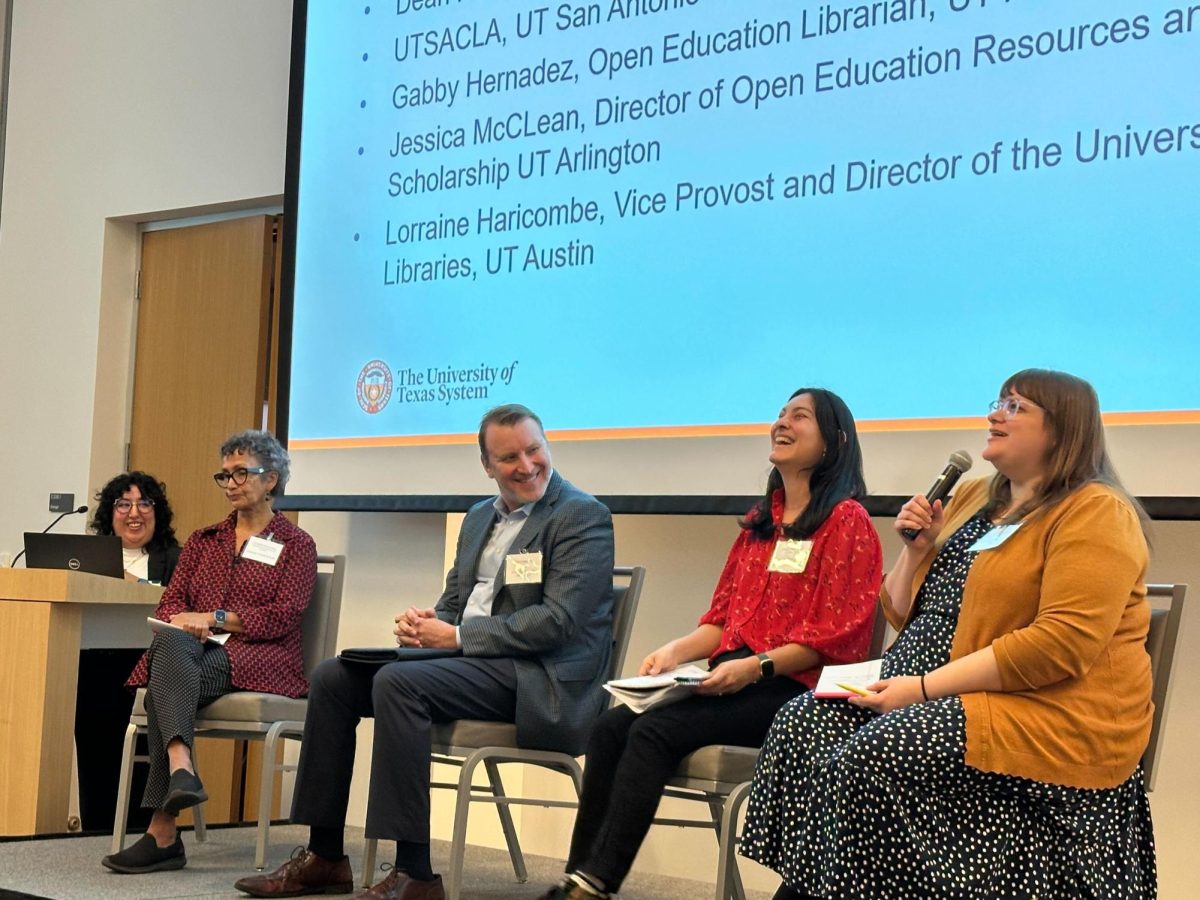Be That One, the Counseling and Mental Health Center’s suicide prevention program, hosted six events last week encouraging students to speak openly about mental health.
Suicide Prevention Week, which concluded Friday, featured conversations on mental health and aimed to teach attendees how to support someone in crisis, said Michelle Emery, the suicide prevention program coordinator.
“We believe that doing work around preventing suicide is everyone’s responsibility,” Emery said.
Events included a conversation on helping someone through distress with the Gender and Sexuality Center, a presentation on avoiding faculty and staff burnout and a conversation on destigmatizing mental health with the Tejas Club.
“Mental health is something I struggled with a lot growing up,” nutritional science senior Zachary Markizer said at the Tejas Club event. “Really understanding it and acknowledging … it’s something I have to care about and care about constantly, just like I have to do with my physical health.”
After the suicide of a Tejas alum in 2010, the club has increased efforts to promote mental health, government junior Ricky Cooks said.
“The idea that after graduating, with the experiences that he and the club had together, he would commit suicide definitely impacted the club a lot,” Cooks said.
In addition to having more conversations about mental health, Emery said students and faculty can watch for behavioral warning signs in their peers which might indicate suicidal thoughts, such as significant behavior changes, sudden isolation and giving away important possessions.
Listening openly, asking for ways to help or suggesting professional care are ways to help anyone who might be struggling, Emery said.
“Part of these events is meant to try to normalize these conversations,” Emery said. “Letting students know that it’s okay to ask for help, that all of us struggle in some way, shape or form. Being able to speak openly about that is a way to challenge stigma.”
Mental health resources on campus include the Counseling and Mental Health Center, a 24-hour crisis line and a behavioral concerns advice line. There has been an increase in student involvement and demand for mental health workshops because students have become more inclined to openly talk about mental health since the organization started hosting Suicide Prevention Week in 2008, Emery said.
“I’ve had my own experiences with mental health,” neuroscience senior Kristin D’angelo said, “I want to help destigmatize it and advocate for it.”

